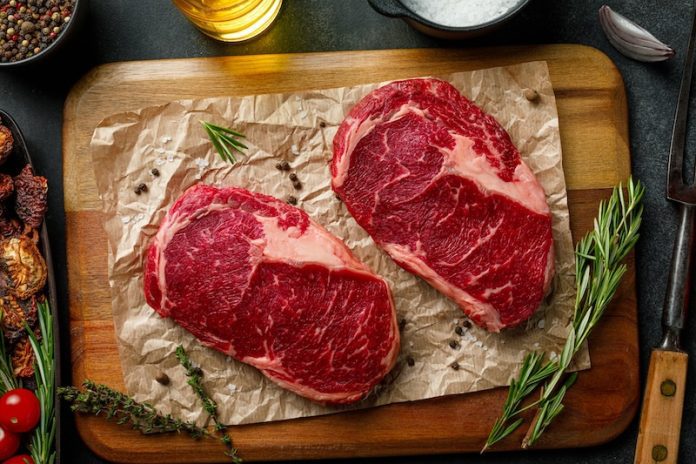
Beef liver, often considered an old-fashioned food, is making a comeback as a superfood packed with nutrients.
This organ meat, once a staple in many traditional diets, has been overlooked for years.
However, recent trends in health and nutrition have sparked renewed interest in beef liver, highlighting its numerous benefits and versatility in the kitchen.
This review dives into what makes beef liver so special, backed by research and presented in a way that’s accessible to everyone.
Beef liver comes from cows and is one of the most nutrient-dense foods you can eat. It’s rich in essential vitamins and minerals, making it a powerful addition to any diet. One of the standout nutrients in beef liver is vitamin A.
This vitamin is crucial for maintaining healthy vision, immune function, and skin. Beef liver provides more vitamin A than any other food, making it an excellent choice for anyone looking to boost their intake.
But that’s not all. Beef liver is also an excellent source of B vitamins, particularly vitamin B12. This nutrient is vital for nerve function, brain health, and the production of DNA and red blood cells.
Many people, especially those following vegetarian or vegan diets, can struggle to get enough vitamin B12. Incorporating beef liver into the diet can help prevent deficiencies.
Iron is another key nutrient found in abundance in beef liver. This mineral is essential for making hemoglobin, a protein in red blood cells that carries oxygen throughout the body.
The iron in beef liver is heme iron, the form that’s most easily absorbed by the body. This makes beef liver an effective food for fighting anemia and boosting energy levels.
In addition to these nutrients, beef liver contains significant amounts of other minerals like copper, zinc, and selenium. Copper helps the body use iron effectively and is important for nerve function and bone health.
Zinc is crucial for immune function, wound healing, and DNA synthesis. Selenium, an antioxidant, plays a key role in thyroid hormone metabolism and protects against oxidative damage and infection.
Despite its impressive nutritional profile, some people are hesitant to include beef liver in their diets due to concerns about toxins. It’s true that the liver is responsible for filtering toxins in the body. However, it does not store these toxins.
Instead, it processes them and breaks them down to be eliminated. When sourced from healthy, grass-fed cows, beef liver is safe and highly nutritious.
The taste of beef liver can be strong, but with the right preparation, it can be delicious. It can be fried, baked, or even included in dishes like pâtés and spreads. For those new to beef liver, mixing it with other meats or incorporating it into familiar recipes can be a good way to start.
In conclusion, beef liver is a nutritional powerhouse that offers a wide range of health benefits. Its high content of essential vitamins and minerals can support overall health and prevent nutritional deficiencies.
While it may not be the most popular food on the dinner table, its nutritional value is undeniable. By including beef liver in your diet, you’re choosing a food that supports your health in multiple ways.
Whether you’re looking to boost your nutrient intake, improve your energy levels, or just try something new, beef liver is worth considering.
Follow us on Twitter for more articles about this topic.
Copyright © 2024 Scientific Diet. All rights reserved.





